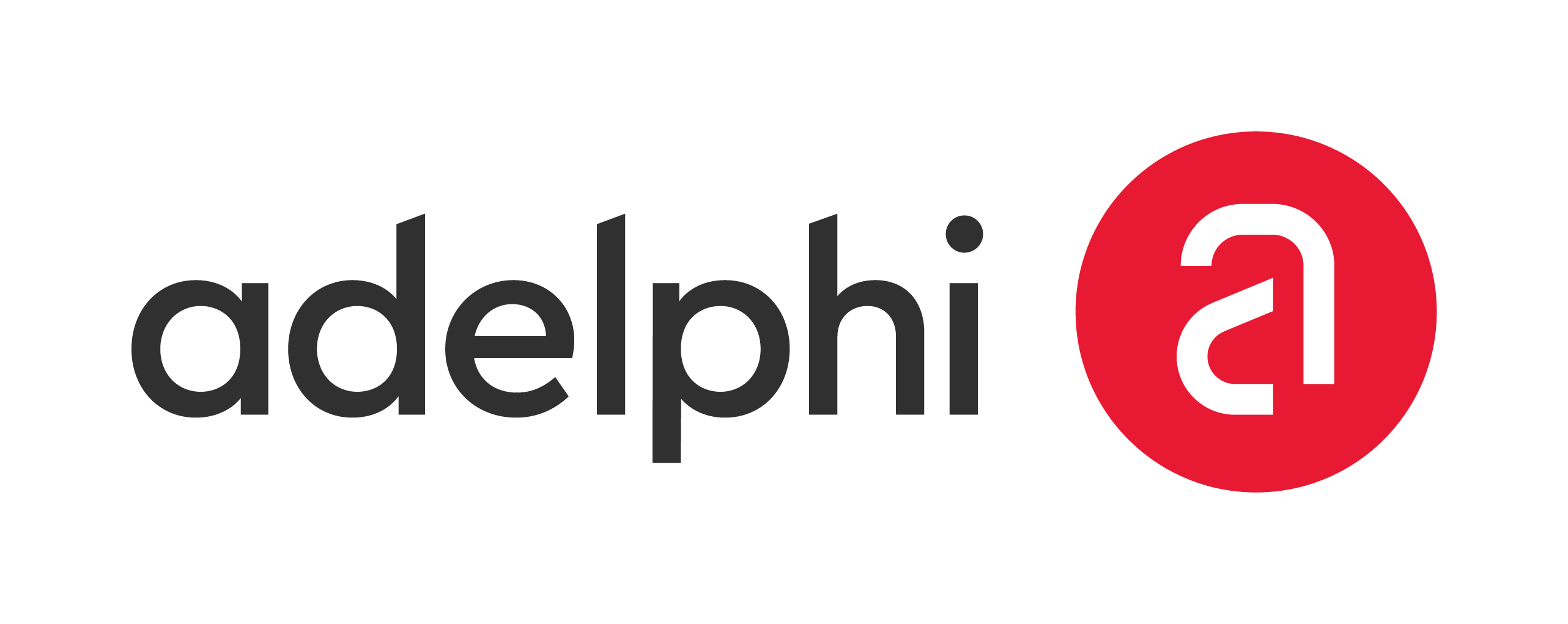
In the context of the UP2030 project, transformative governance refers to the norms, institutions and processes used by cities to make and implement decisions on climate neutrality and liveability. The Governance Analysis Framework, developed by adelphi, supports cities in analysing what governance arrangements they need to accelerate and solidify their transformation efforts. The framework operationalises the complex concept of governance, making it more meaningful and relevant to transformation practitioners.
The framework breaks down “transformative governance” into five dimensions: goals & perspectives, strategies & instruments, levels & scales, actors & networks, and resources & responsibilities. For each of these dimensions, it offers a series of questions for cities to self-assess their status. This assessment can be done individually as an online questionnaire or through a workshop with the actors of city’s choice (e.g. internal municipal actors, external stakeholders). The framework offers a list of concise recommendations on how to strengthen the governance structures for transformation, supported by best practice examples and useful material. Several recommendations are particularly relevant for each of the dimensions, so the user can choose to focus on selected dimensions. The recommendations can also be used as a quick check list to see which aspects are covered better and which actions might still be useful to ramp up the governance arrangements in a particular transformation area.
The UP2030 project used the framework to analyse the governance aspects to upscale the city pilots, supporting continuity and helping produce a lasting impact within the actor and policy landscape of the respective city.
Support cities in highlighting the often-underrepresented process dimension of their planned transformation efforts, ensuring they focus not only on what they aim to achieve but also on how to achieve it within their existing conditions. This includes helping them identify challenges and opportunities in their operating environments that may affect the success of their projects. Additionally, assist cities in establishing decision-making mechanisms that can effectively drive the envisioned transformation. Provide specific ideas to enhance collaboration both within municipal structures and with external stakeholders, enabling them to anchor and scale sustainability achievements, thereby increasing their overall impact.
Daria Ivleva
ivleva@adelphi.de




